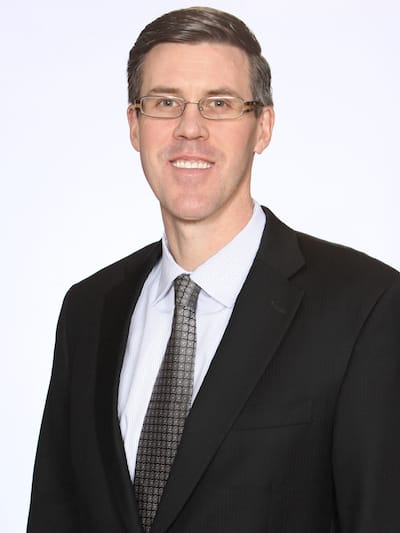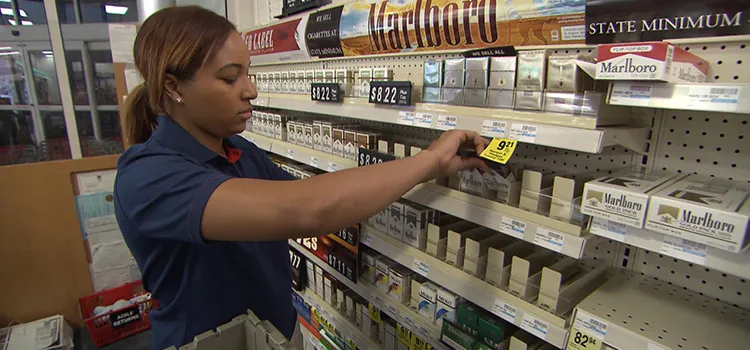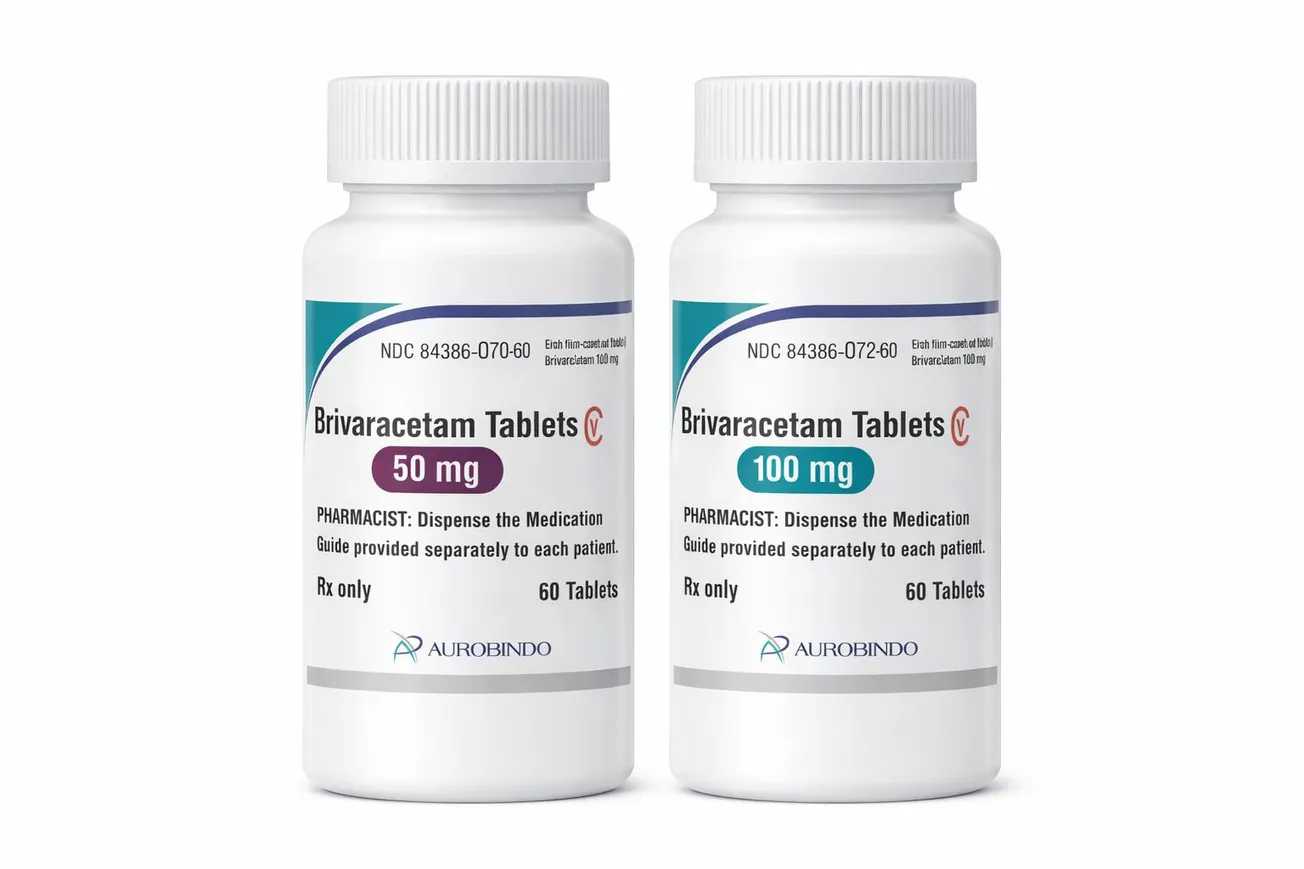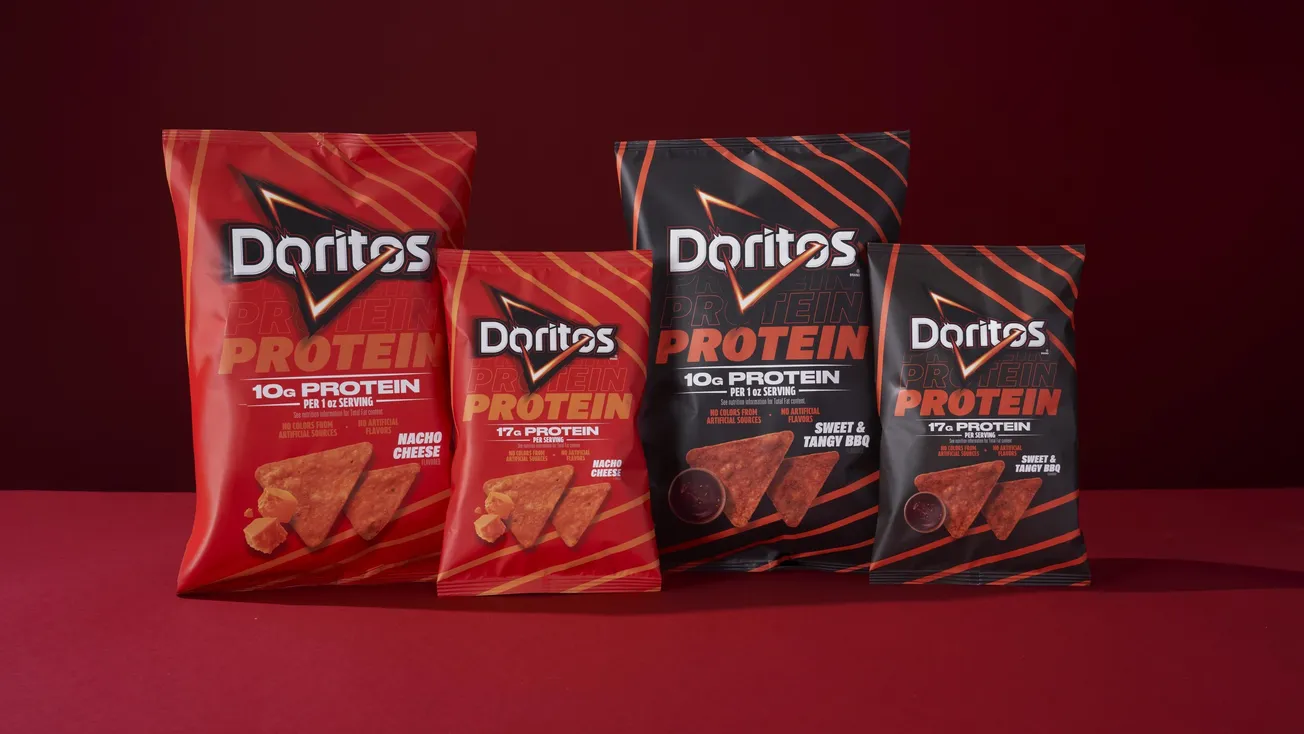
Kevin Hourican
Five years ago next month, CVS Health stopped selling cigarettes and other tobacco products. The move — a bold departure for a pharmacy chain in this country, one that sadly has yet to be matched by any of the company’s peers — was intended to discourage smokers from indulging in a habit that is clearly detrimental to their well-being and to reinforce CVS’ standing as a health care provider. The initiative has lived up to expectations on both counts.
“We are becoming the most consumer-centric health care company in America, and we’re absolutely committed to improving wellness and improving care,” says CVS Pharmacy president Kevin Hourican. “That means we simply could not and will not knowingly sell a product that causes so much harm to health.”
The decision, which cost the drug chain $2 billion a year in tobacco sales and the customer traffic that came with those sales, produced the desired results. A study conducted by Dr. Troy Brennan, CVS Health’s chief medical officer, found that the company’s exit from the category triggered a reduction in cigarette sales of nearly 100 million packs across all retailers during the first eight months following the move. Assuming a similar impact since then, the company has been the catalyst for a half-billion pack reduction in cigarette consumption in the last five years.
The change in policy, which was implemented on a single day across the chain, did not occur without some trepidation. One aspect that most concerned Hourican, who was senior vice president of field operations and supply chain at the time, was the reaction of tobacco customers and employees, and the interaction between them. He recalls one such encounter that he witnessed early on.
“A man came into the store, went to the register and asked for a pack of Marlboros,” he says. “The cashier, herself a smoker, said, ‘Sorry, sir, we no longer sell that product. You’ll have to go elsewhere.’ The customer gave her some heat, saying, ‘Who are you to tell me what I’m supposed to do?’ The cashier answered, ‘I’m so proud of my company for making this decision.’ After a sigh, he said, ‘You know what? I probably need to quit anyway.’ That scenario has been repeated millions of times since then.”
The health care professionals that CVS employs have been central to the effort to prevent people from starting to smoke and helping those who already do so to stop using tobacco. More recently, that mandate has been expanded to include electronic cigarettes, a product the drug chain has never carried because management views it as a pathway to smoking, not a way to quit.
“We trained our pharmacists across the country on smoking cessation counseling, and offered that as a free service to customers who came into our stores,” Hourican notes. “And we did see an increase in the number of people who were inquiring about things like nicotine replacement therapy.
“Our MinuteClinics were a big part of this as well. All of our nurse practitioners and pharmacists were skilled up on how to help people quit.”
From the beginning, CVS Health and its eponymous foundation have worked to create a ripple effect around the elimination of tobacco products in the broader community. Both on their own and in cooperation with other groups, including the American Lung Association, the American Cancer Society and the National Urban League, CVS and the foundation have pursued the ambitious goal of bringing about the first tobacco-free generation.
“Three years ago we launched a $50 million initiative to help prevent youth from smoking,” says Hourican. “That work has helped more than 200 colleges and universities on their journey to be tobacco-free campuses and delivered cutting-edge tobacco education to millions of people.”
With its anti-tobacco efforts, which have been supplemented by several additional rounds of grants, CVS is demonstrating that a company can do well by doing good. After taking a substantial initial hit, the front-end business has bounced back and is now growing.
“We’ve led the industry from a front-store growth perspective for the last two years,” Hourican comments. “We’re growing our top line, taking market share from competitors and expanding our margins at the same time.”
More significant, the exit from the tobacco category helped crystallize what CVS represented and where it was headed.
“We couldn’t have become the company we are had we not made that decision,” says Hourican. “As we work to transform health care, we’re doing things like the development of our HealthHub format, our chronic disease management services through MinuteClinics, the chronic kidney dialysis device that we’re testing, and the Tested to Be Trusted campaign that we’ve just launched in the nutritional supplements aisle. We couldn’t do any of these things with credibility if we still had tobacco in our stores.”
When he announced the decision to get out of the tobacco business in February 2014, CVS Health president and chief executive officer Larry Merlo said simply, “It is the right thing for us to do.” That remains as true today as it was five years ago. Here’s hoping that other pharmacy operators belatedly follow suit.









